
Frequent sleep talking signals risk of heart disease and stroke

Sleep talking is a normal phenomenon and can happen to everyone. Usually, a person will talk in their sleep while in the REM sleep cycle - the dreaming stage and rapid eye movement.
People who talk in their sleep are often not aware of what they are saying, nor do they remember what they said after waking up. Sleep talking often happens very quickly, only from a few seconds to a few minutes. In addition, sleep talking is different for each person. In fact, some people talk out loud in their sleep as if they are awake, but some people do not talk out loud or just mumble incoherent, meaningless sentences. Some people even combine actions while sleeping...
Sleep talking often occurs due to psychological stress and physical fatigue. Because at that time, the breathing rate often increases, the muscles in the body work continuously, increasing the activity of the cerebral cortex. Therefore, dreams appear, some people only see the dream in the subconscious, but some people talk out loud.
Some other causes of sleep talking include genetic factors, substance abuse, side effects of other medications, etc.
However, if sleep talking is too severe and occurs frequently, it can be an early sign of serious underlying health problems.
Researchers at Fudan University in Shanghai (China) recently discovered that people who frequently talk in their sleep have a significantly higher risk of cardiovascular problems, including stroke.
The research team conducted an initial survey of more than 8,000 participants from Tangshan City, Hebei Province, northern China to collect data on sleep habits. During the 8-year follow-up period, 333 strokes were recorded among the participants, who had an average age of 54 at the time of the initial survey.
The results showed that people who frequently talked in their sleep had a 30% higher risk of stroke than others. The risk of stroke jumped to 93% for those with both sleep talking and rapid eye movement sleep behavior disorder.
Demographically, sleep talkers were more likely to be men, workers, smokers, drinkers, and those with lower education levels and physical activity levels, the report said.
Abnormal sleep parameters, such as daytime sleepiness, use of sleeping pills, and snoring, were also closely related to a higher likelihood of talking in their sleep.
Gao Xiang, a member of the research team and a professor at the School of Public Health at Fudan University, said: "Sleep talking involves complex brain activity, leading to increased heart rate and blood flow. This may be the underlying neurological reason (that can lead to stroke)."
Additionally, sleep talking is associated with sleep disruption and poor sleep quality, both of which are risk factors for heart disease and stroke.
Sleep disorders, including sleep talking, have become increasingly common in recent years due to issues such as long working hours and phone addiction. Studies show that more than 80% of individuals experience some form of sleep disorder.
Stroke has also emerged as a serious health problem today. Every year, there are about 12.2 million stroke cases worldwide. Every 3 seconds, someone has a stroke in the world. In Vietnam, more than 200,000 people have strokes each year and this alarming number is increasing. Up to 71% of stroke patients lose their ability to work.
News in the same category


Warning: Certain Habits in Husbands May Increase Wives’ Can.cer Risk

A Couple Was Diagnosed With Liver Can.cer at the Same Time — Doctors Checked Their Fridge and Urgently Warned: “Throw This Out Immediately!”
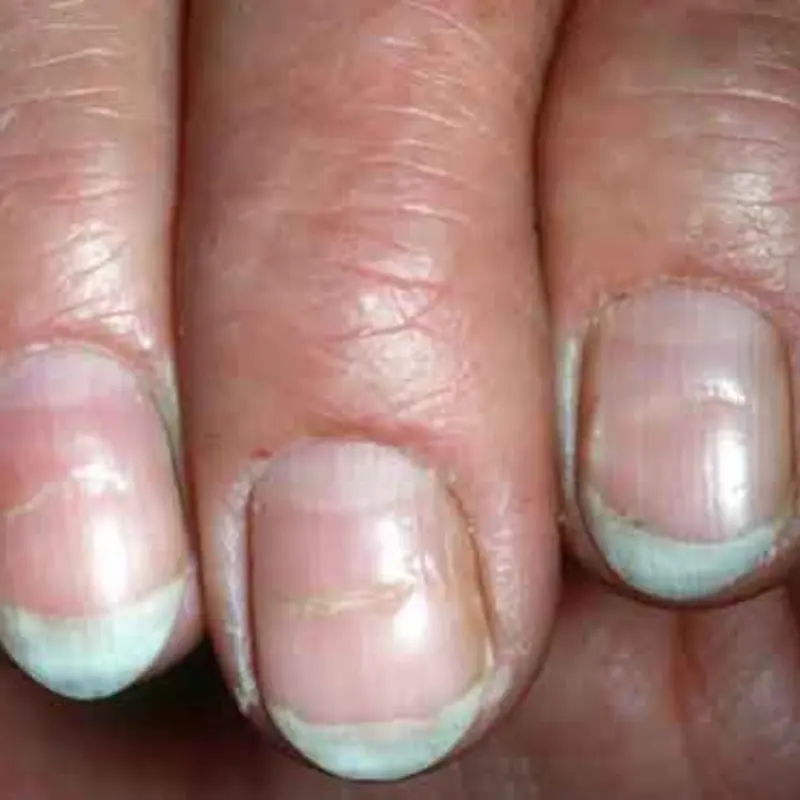
5 Dangerous Conditions Your Nails Could Be Signaling

Doctors Alert: Why Some Popular Foods May Carry Parasite Risks

WARNING: These 3 signs on the shoulder are signs of malig:nant tu:mors, even ca:ncer, do not ignore them

Your liver will be healthier when you combine the following foods

6 foods that silently drain calcium from your body
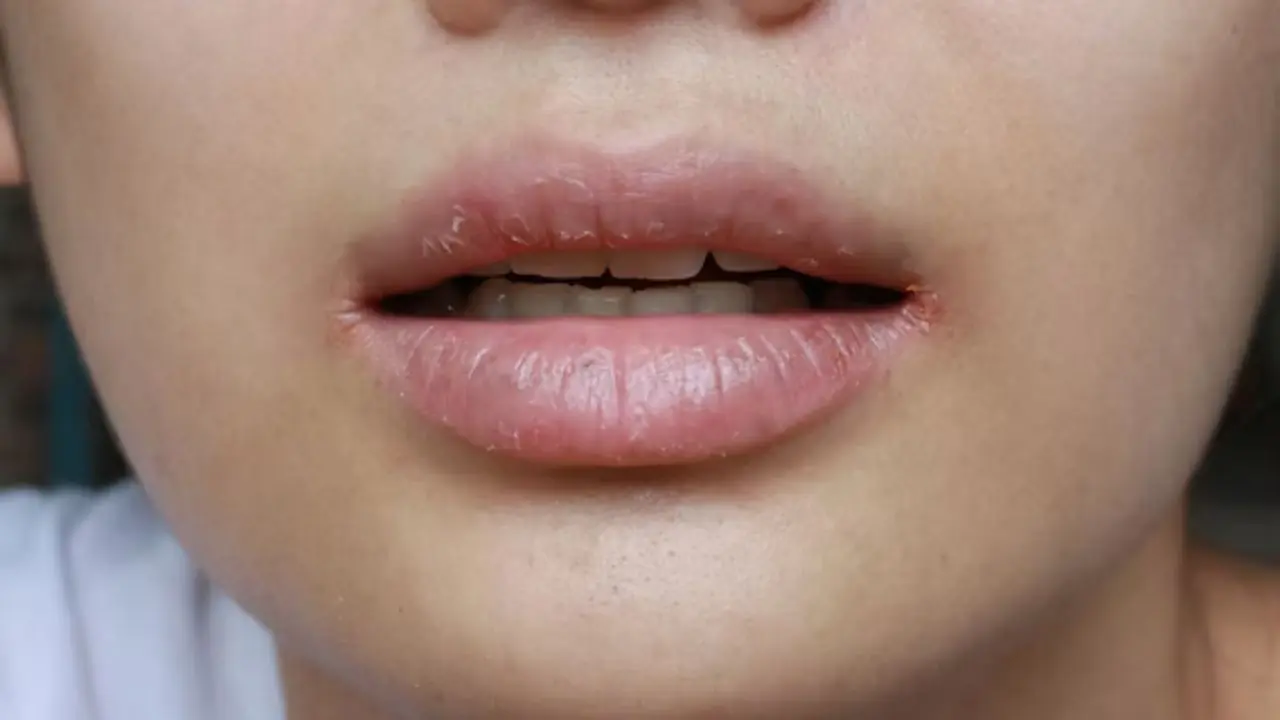
People whose mouths feel dry at night need to know these 8 possible reasons
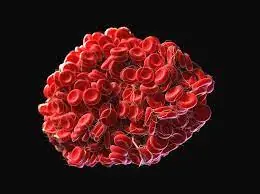
Não ignore estes 7 sintomas matinais - eles podem estar ligados ao câncer

Eat 4 foods on an empty stomach in the morning to help clean the intestines, improve digestion and prevent can.cer

What does having cold hands and feet indicate?
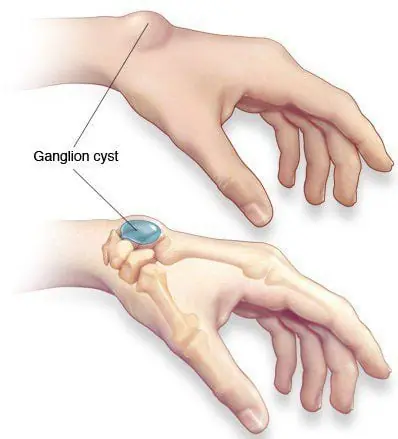
An unusual lump or bump appears on the wrist: Don't ignore it, as it could be a warning sign of a serious illness
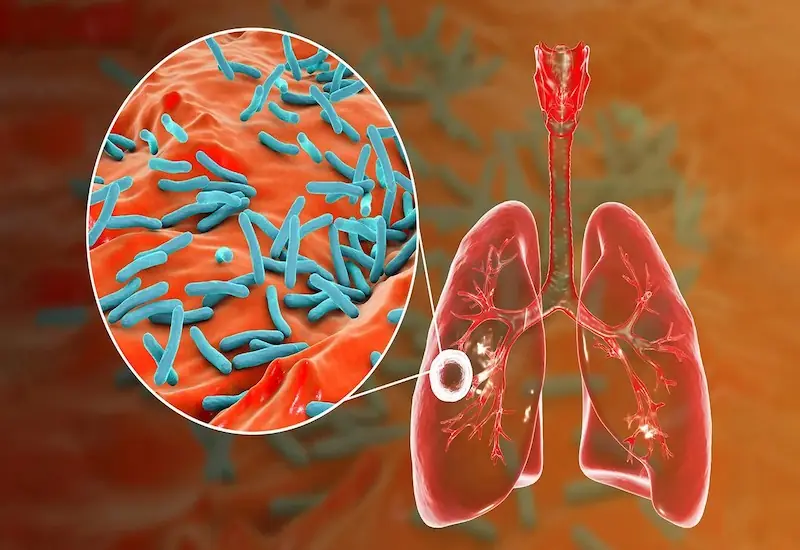
A healthy 22-year-old man suddenly discovered da.nger.ous tu.bercu.losis from a sign that many people ignore

Bruises on the body - a warning that you may have a problem

People with calcium deficiency often experience these 7 signs. Check now to see if you have them

The amazing hidden power of raspberry leaf you may not know

Doctors Warn: This Common Way of Eating Boiled Eggs Can Clog Your Arteries
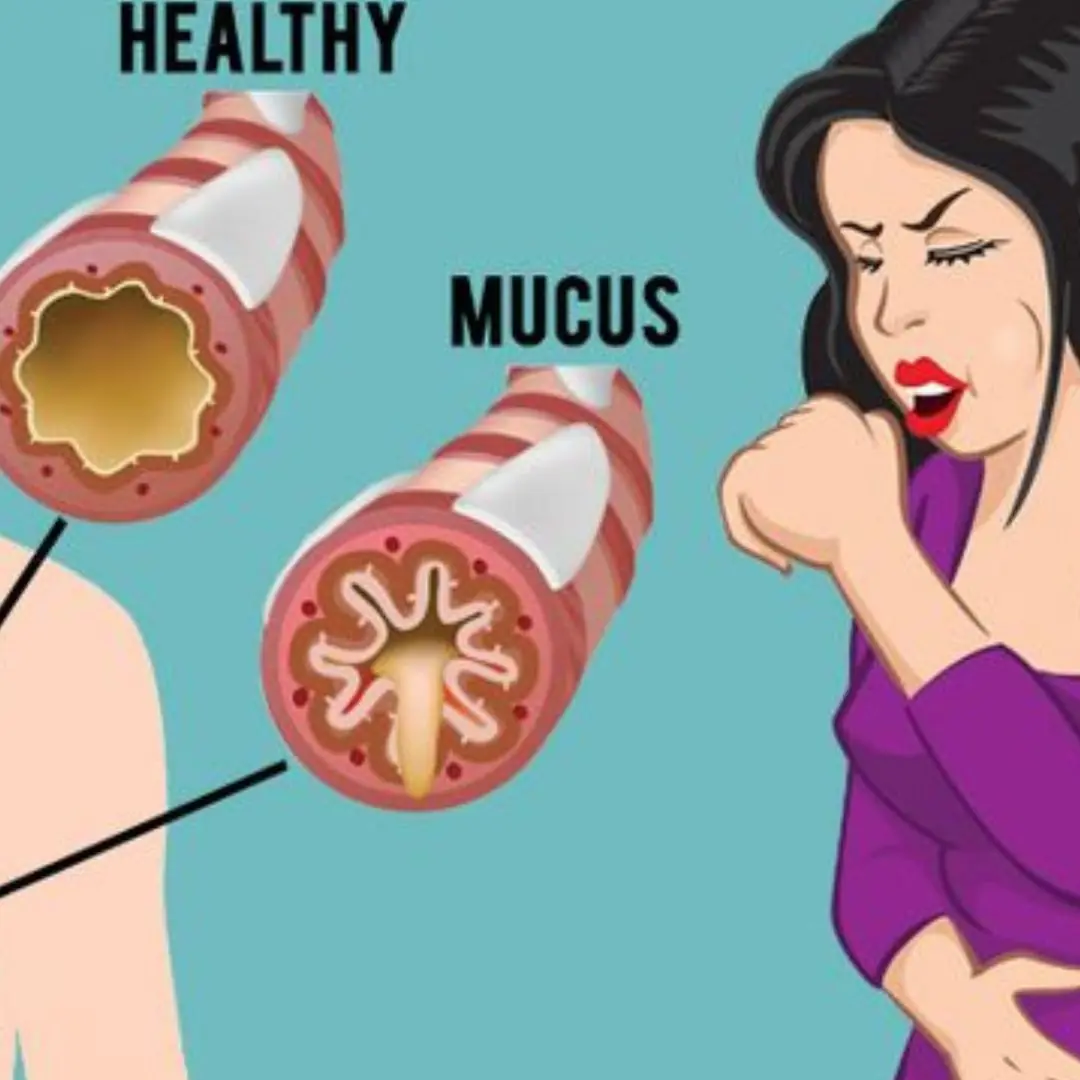
Effective Ways to Clear Phlegm and Mucus From Your Chest and Throat
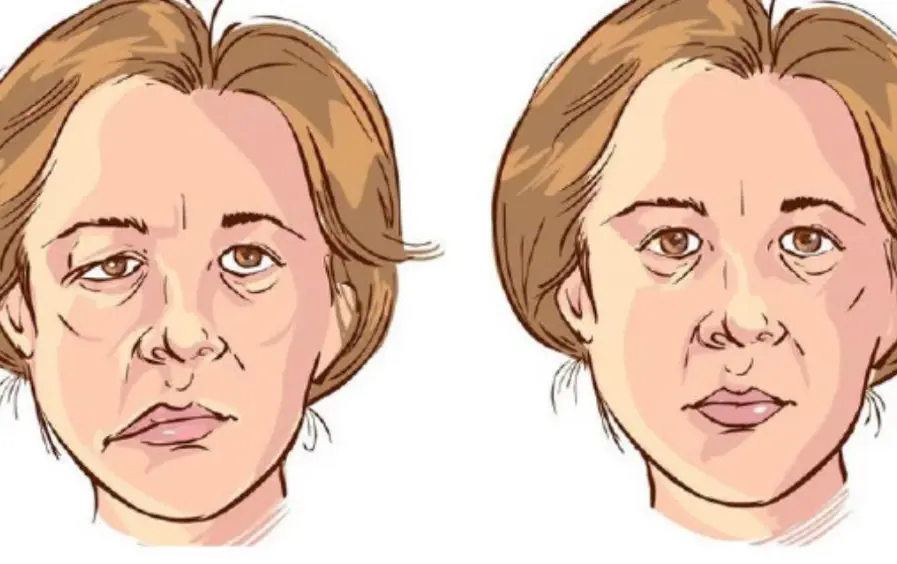
Early Warning Signs of a Str.oke That May Appear 90 Days in Advance
News Post

Singapore Chili Crab

Spicy Korean Seafood Glass Noodle Stew

Warning: Snake Plants May Be Taboo for Some Ages Planting One Could Hurt Your Finances

Warning: Certain Habits in Husbands May Increase Wives’ Can.cer Risk

If AI Keeps Growing This Fast, Which Job Will Vanish First?

A Couple Was Diagnosed With Liver Can.cer at the Same Time — Doctors Checked Their Fridge and Urgently Warned: “Throw This Out Immediately!”

5 Dangerous Conditions Your Nails Could Be Signaling

Doctors Alert: Why Some Popular Foods May Carry Parasite Risks

Strawberry Pineapple Swirled Slushies

WARNING: These 3 signs on the shoulder are signs of malig:nant tu:mors, even ca:ncer, do not ignore them

Your liver will be healthier when you combine the following foods

6 foods that silently drain calcium from your body

People whose mouths feel dry at night need to know these 8 possible reasons

Não ignore estes 7 sintomas matinais - eles podem estar ligados ao câncer

Cube Steak with Onion Gravy

Eat 4 foods on an empty stomach in the morning to help clean the intestines, improve digestion and prevent can.cer

What does having cold hands and feet indicate?

An unusual lump or bump appears on the wrist: Don't ignore it, as it could be a warning sign of a serious illness

A healthy 22-year-old man suddenly discovered da.nger.ous tu.bercu.losis from a sign that many people ignore
